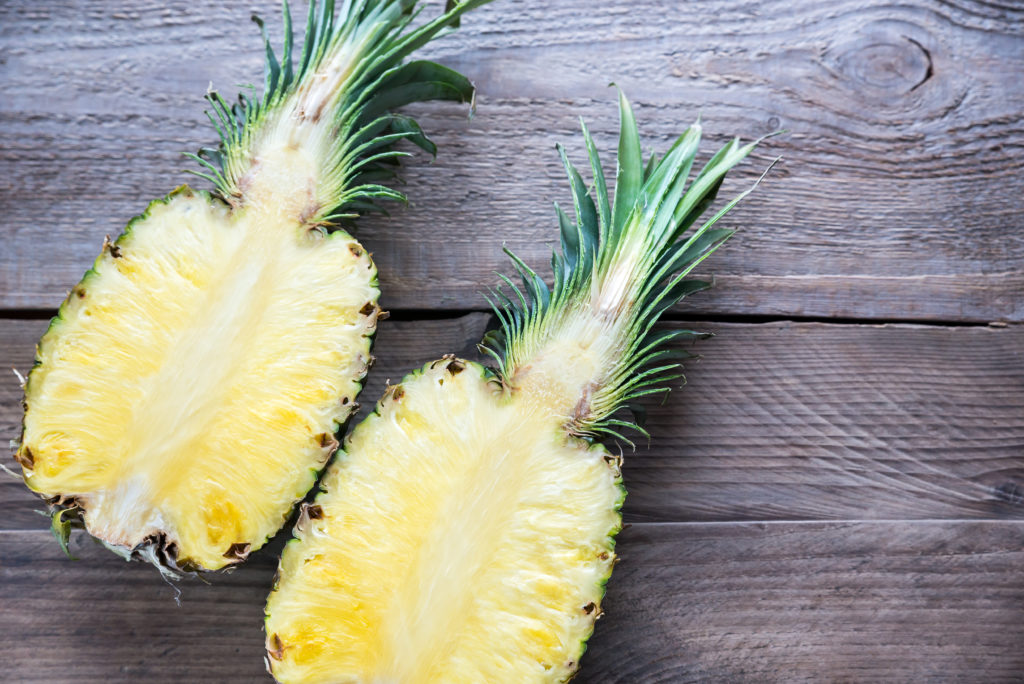Arthritis affects millions of people. The CDC reports that 23% of adults, more than 54 million people have a form of arthritis. Approximately 24 million adults are limited in what they can do because of arthritis, and one in four deal with severe joint pain.
If you have arthritis, there are many things you can do to treat it. One way to lessen arthritis symptoms, and manage the underlying disease itself, is to take supplements. Many natural supplements have been rumored, studied, and shown to treat arthritis.
Keep in mind that not all supplements are useful for every type of arthritis. Consult your doctor, research, and academic studies to determine whether a specific supplement is right for your arthritis.
Let’s explore ten of the natural supplements you can add to an anti-arthritis regimen.
1) Turmeric
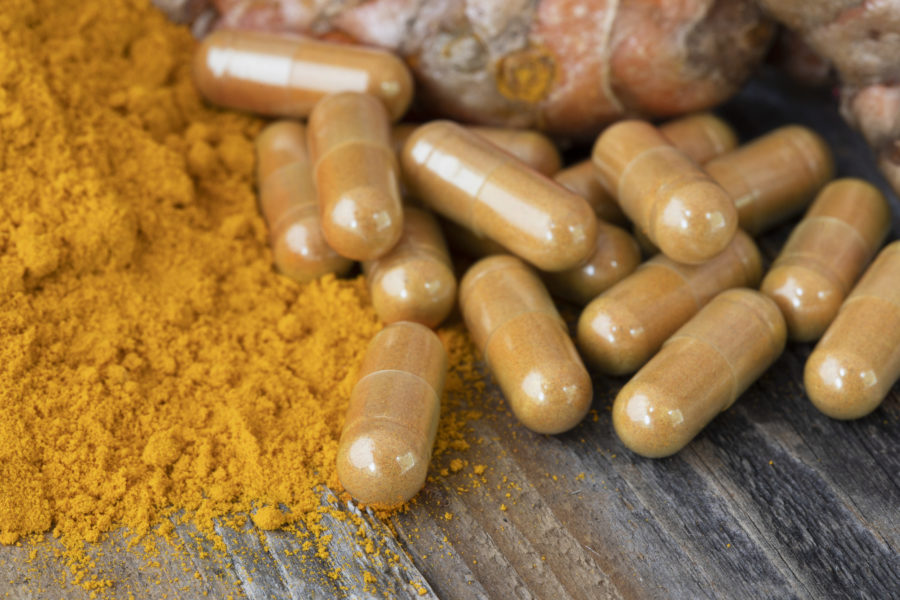
If you want to combat inflammation, the root of all arthritic pain, you can add turmeric to your diet. Turmeric has curcumin in it, which has been shown to have anti-inflammatory properties and is a powerful antioxidant.
The National Center for Complementary and Integrative Health has documented that lab rats given turmeric saw reduced inflammation in their joints. Turmeric is a delicious, nutritious spice that can enrich your diet as well as alleviate your pain.
Even if you don’t have arthritis, you might want to add turmeric to your diet, as it’s been shown to prevent joint inflammation as well as deal with it. Turmeric is a digestive aid as well, adding to its benefits.
2) Fatty Acids
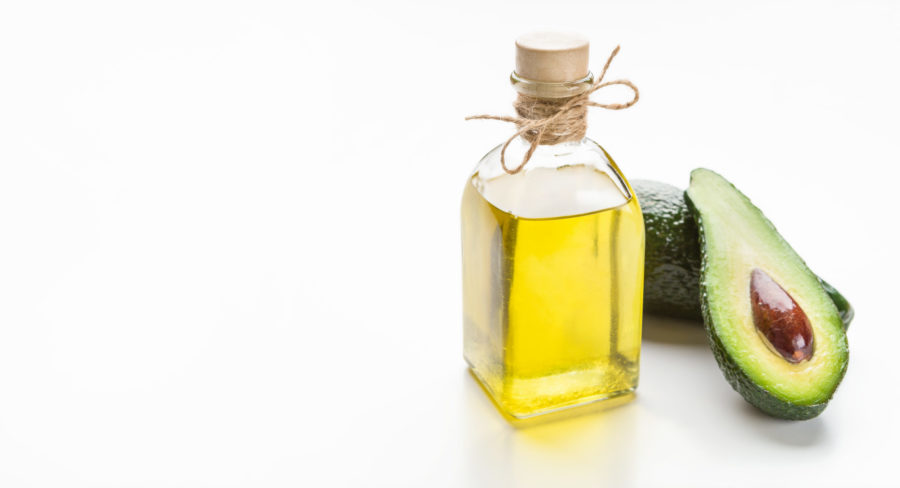
Fatty acids like omega-3 can be useful as part of your arthritis supplement regimen. There are two types found in fish oil, eicosapentaenoic acid (EPA) and docosahexaenoic acid (DHA). Both reduce inflammation. There was a fear that they might suppress your immune system, but a 2016 study suggests DHA enhances your immune system.
Because some types of arthritis involve the immune system attacking joints, sometimes suppressing your immune system isn’t entirely bad. Talk to your doctor about omega-3, and experiment with different amounts if you encounter side effects.
DHA is believed to reduce inflammation more than EPA. Both DHA and EPA reduce blood pressure, lower blood triglyceride levels, and can prevent heart attacks by preventing blood clots.
3) Boswellia
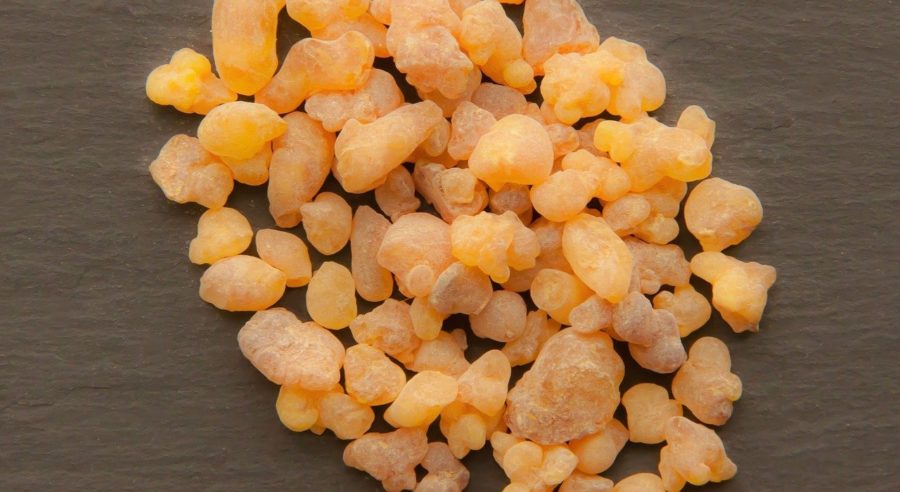
Boswellia, also known as Indian Frankincense, is a gum resin that comes from the bark of the Indian Boswellia tree. The resin has been shown to reduce inflammation and has analgesic qualities. A 2004 study tested Boswellia on people with knee osteoarthritis.
Of 30 people, half were given 333 mg of Boswellia a day while the other half took a placebo. People who received the actual doses reported less pain, more mobility, and the ability to walk further than those who took the placebo.
Boswellia has also been shown to have use for people who suffer from rheumatoid arthritis, busts, tendonitis, and ulcerative colitis.
4) Bromelain
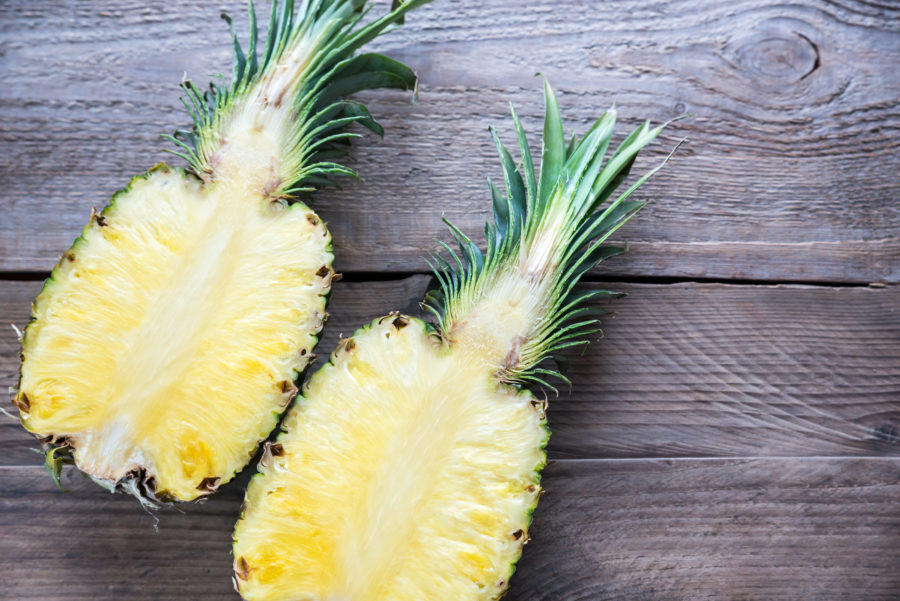
Bromelain is an enzyme that’s found in the pineapple stem and pineapple juice. It’s been used to reduce inflammation in the sinuses, after surgery or injury, to treat ulcerative colitis, prevent cancer, get rid of body fat, and more.
It’s also combined with trypsin and ruin to reduce pain and enhance knee function in people with arthritis. Bromelain seems to help the body produce substances that fight pain, reduce swelling, stop tumor cells from growing, and slow blood clots.
There’s not enough evidence to fully ensure Bromelain helps all these conditions, but it’s worth trying and seeing if it works for you. There are a few side effects. If you suffer from sinusitis, Bromelain is a good option to treat it.
5) Devil’s Claw
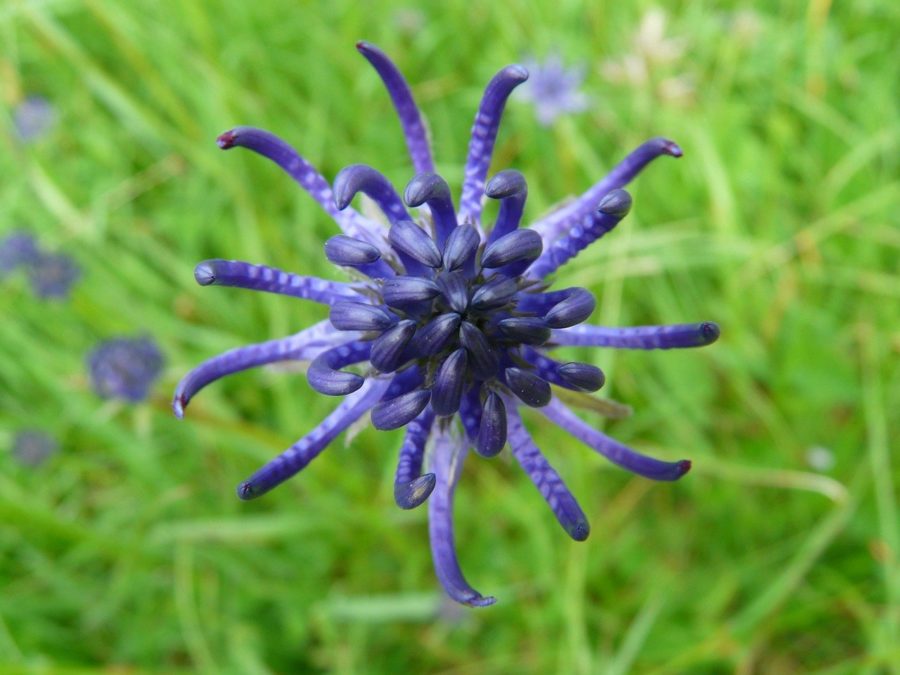
With a name like Devil’s Claw, you know there’s something serious going on here. This South African plant is named after its fruit, which has hook-like pieces. It’s also called Harpagophytum procumbens.
It’s been shown to treat indigestion, pain, fever, and arthritis. Devil’s Claw is useful because of its iridoid glycoside compounds, especially harpagoside. These have been shown to stop inflammation in the body.
A study showed Devil’s Claw suppressed cytokines, molecules in your body which cause inflammation.
There hasn’t been an extensive study of Devil’s Claw use in humans, but there is some evidence showing it’s useful as an alternative treatment for inflammation.
A study attested to Devil’s Claw’s use to treat OA, and another suggested its use in conjunction with Turmeric and Bromelain.
6) Ginkgo
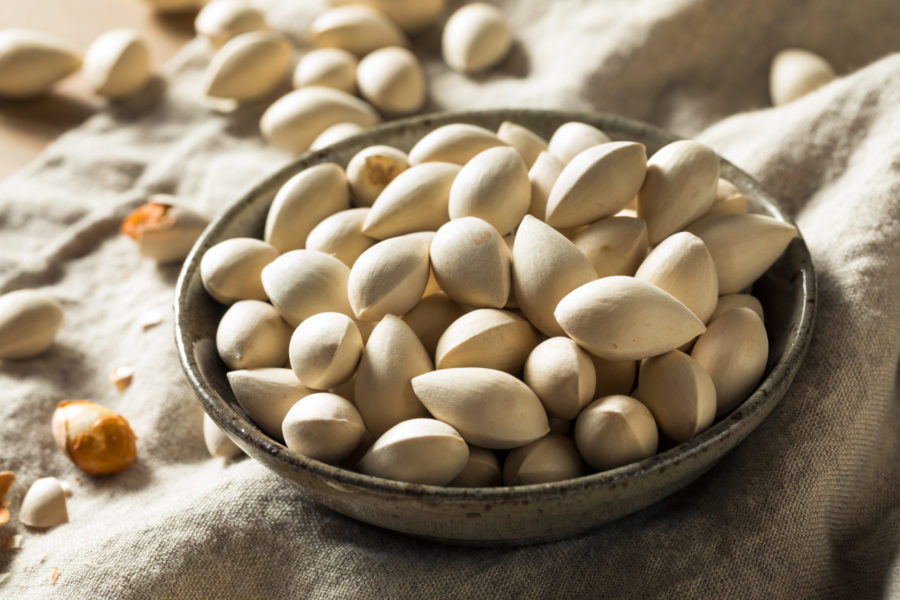
Ginkgo is a tree that grows in China. It’s been cultivated for thousands of years and is known as the only surviving member of an ancient class of plants.
Ginkgo extract has been used for many purposes. It has high levels of terpenoids and flavonoids, which are known for their antioxidant properties. Research on these properties is heartening, but still not entirely clear.
What’s most clear from years of tests on animals and research is that gingko extract reduces inflammation. It’s been shown to help arthritis, irritable bowel disease, prevent strokes, heart disease, and cancer.
There are many other claims about ginkgo extract, including improved circulation, brain health, preventing dementia, reduced anxiety, depression, and more.
It’s also been linked to treating headaches and migraines, support eye health, improve asthma and reduce COPD symptoms.
7) Avocado Soybean Unsaponifiables (ASU)
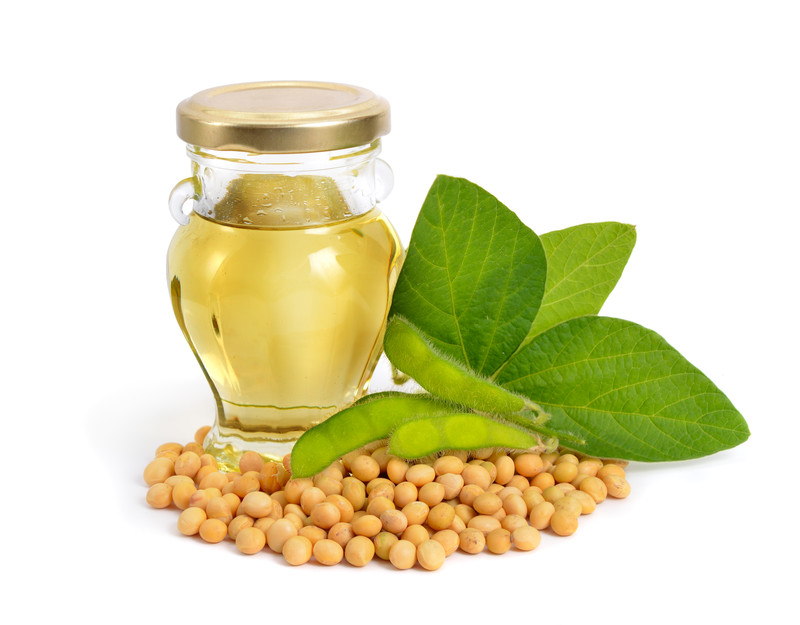
This natural extract is made up of one-third avocado oil and two-thirds soybean oil. ASU has been used in Europe for a long time to treat osteoarthritis. A 2003 study showed ASU stopped cartilage from breaking down, and facilitated its self-repair.
A 2008 analysis found that it improved symptoms of OA, and reduced or eliminated the need to use nonsteroidal anti-inflammatory drugs (NSAIDs). It’s also been shown to stop the progression of OA in the hips specifically.
ASU works by blocking inflammatory chemicals and preventing the degradation of synovial cells that line our joints.
8) Stinging Nettle
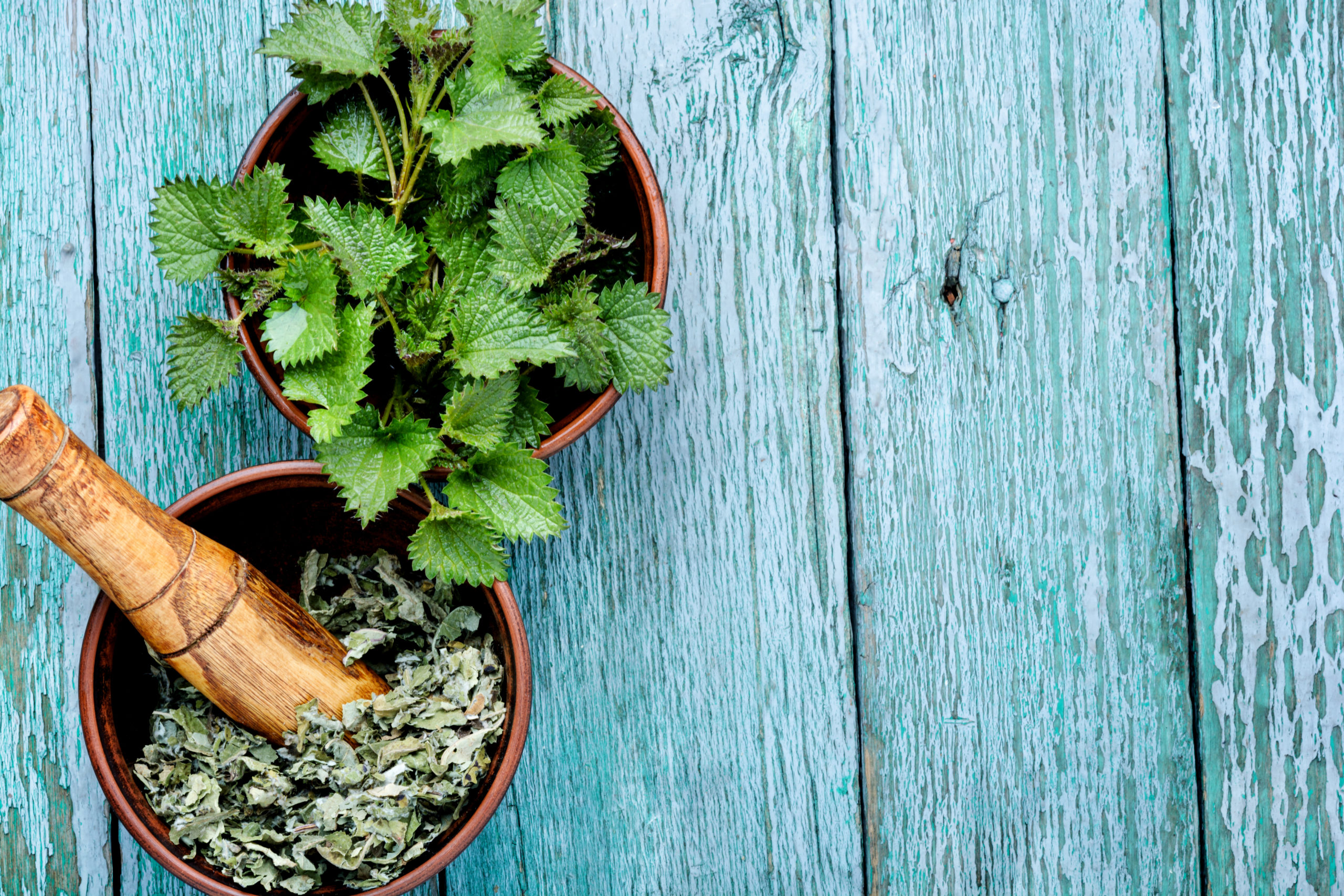
This stalk-like plant is found in Europe, Canada, and the United States. Its leaves and stem are used to create extracts that you can take in tea, as capsules or tablets, in a tincture, or apply the leaf itself to the skin.
Stinging Nettle has anti-ulcer, antimicrobial, antioxidant, and analgesic properties. It’s high in calcium, magnesium, and potassium.
Stinging Nettle has been studied in Turkey and Germany. It has been shown to reduce inflammation, suppress cytokines, and help joint diseases. The Turkish study also found that it has antimicrobial effects on nine microorganisms.
Stinging Nettle performed better than placebos for treating precancerous conditions. It’s also been well-tolerated by users.
9) SAM-e (S-adenosylmethionine)
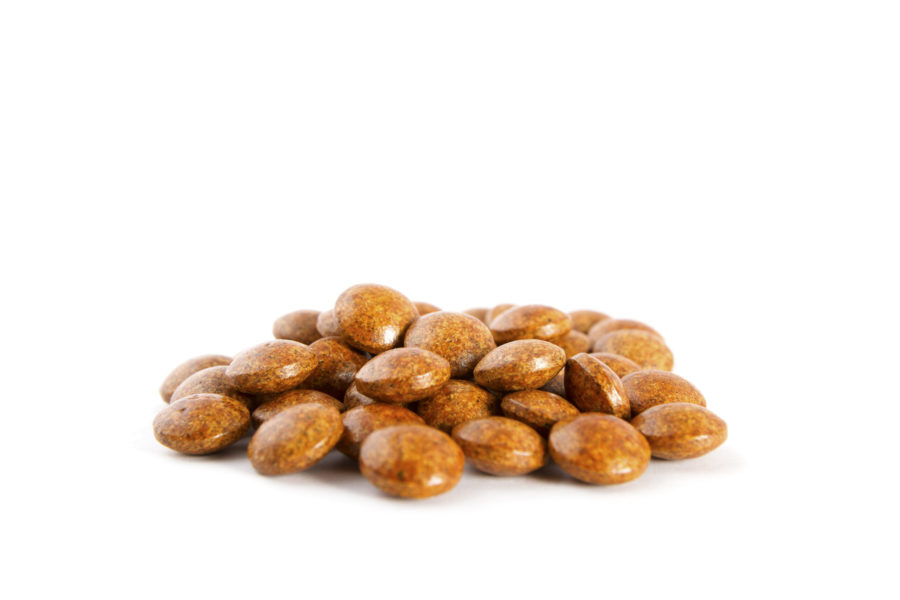
SAM-e is an analgesic and anti-inflammatory agent. It occurs naturally in the body, but taking supplements of it can help people who suffer from osteoarthritis, depression, bursitis, tendinitis, fibromyalgia, chronic lower back pain, and more.
SAM-e may stimulate cartilage growth, which is extremely useful for people with arthritis. There’s also evidence it affects neurotransmitters like serotonin, which lessen feelings of pain and can help reduce depressive symptoms.
Two studies have also shown that SAM-e eased OA symptoms as much as nonsteroidal anti-inflammatory drugs (NSAIDs) do, only with fewer side effects and more extended benefits.
10) Capsaicin
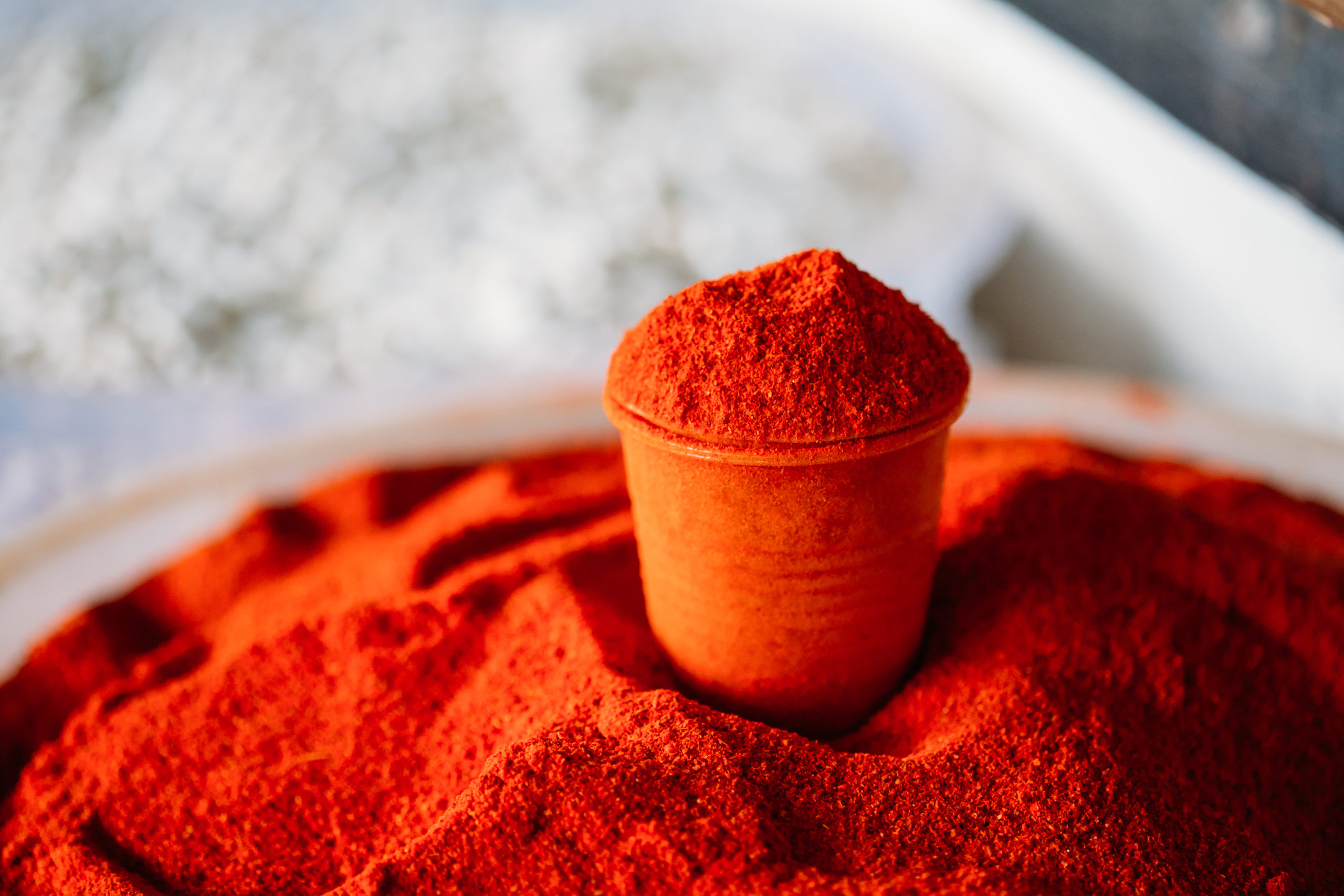
Capsaicin is a component of chili powder. By placing it on the skin in areas impacted by arthritis, patients can activate nerve receptors until they lose functionality. This stops them from processing pain signals that disturb patients with arthritis.
Studies show Capsaicin reduces pain in patients with fibromyalgia, osteoarthritis, rheumatoid arthritis, and more.
A 2010 German study found it could lessen joint pain by almost 50% after just three weeks of use.
Capsaicin is used as a gel, patch, or topical cream to accomplish its magic.
